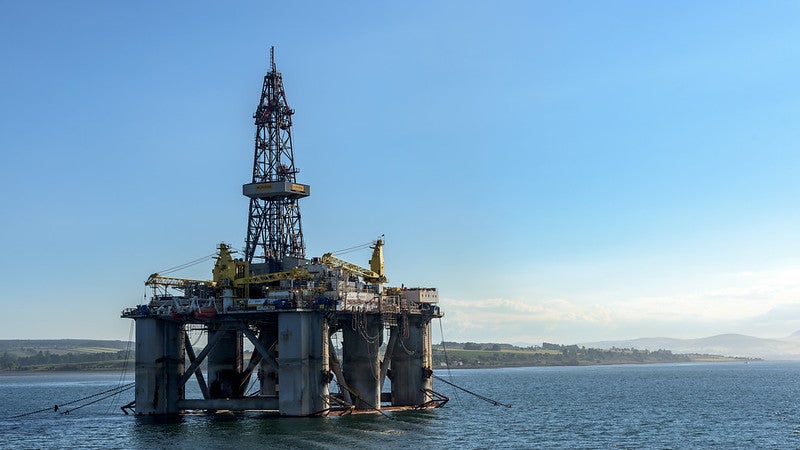
Saudi Aramco CEO Amin Nasser has predicted that the global demand for oil will continue to grow, remaining above 100 million barrels per day, as renewables alone will not be able to satisfy global energy demand.
During the Global Energy Challenge – a panel held yesterday in Davos on the future of global energy – Nasser said that Saudi Aramco will continue to produce energy while lowering the company’s carbon footprint.

Discover B2B Marketing That Performs
Combine business intelligence and editorial excellence to reach engaged professionals across 36 leading media platforms.
Nasser said: “There is good penetration from renewables and electric cars are picking up, however, you need to consider what is happening in the world. There are still an additional two billion people coming. There are currently three billion people using biomass, animal dung, kerosene for cooking and there are one billion people today without electricity and almost 50%of people have never flown in an aeroplane.
“There will be additional demand and the only way to meet it is if you continue to provide affordable, reliable and viable energy to the rest of the world.”
UN Framework Convention on Climate Change (UNFCC) executive secretary Christiana Figueres argued that constructive solutions are needed.
She said: “One thing is the projections of demand but the other thing is the projections of science and ultimately we have to bring this two together. It’s not about who is right, it’s about where we find the path in the middle that is prudent and that responds to the urgency.”

US Tariffs are shifting - will you react or anticipate?
Don’t let policy changes catch you off guard. Stay proactive with real-time data and expert analysis.
By GlobalDataAccording to the International Energy Agency (IEA), sustainable development will require oil demand to decrease to 60 million barrels per day by 2040, while the stated policy scenario predicts demand to more than 100.
Coal-fired plants are the number one source of emissions, said IEA executive director Fatih Birol, as they produce a third of global CO2 emissions, but are still the main source of electricity in developing countries.
“It’s not, as some people paint it, a black-and-white issue – how do we address this issue without harming [developing countries’] economic lives, without having major negative implications for the poorest segments of the people in Asia? This is the most important problem today,” said Birol.
“We need to make sure gas is available in areas where they need it. If you eliminate all coal and you change it with gas, there will be huge reductions in carbon emissions,” added Nasser.



